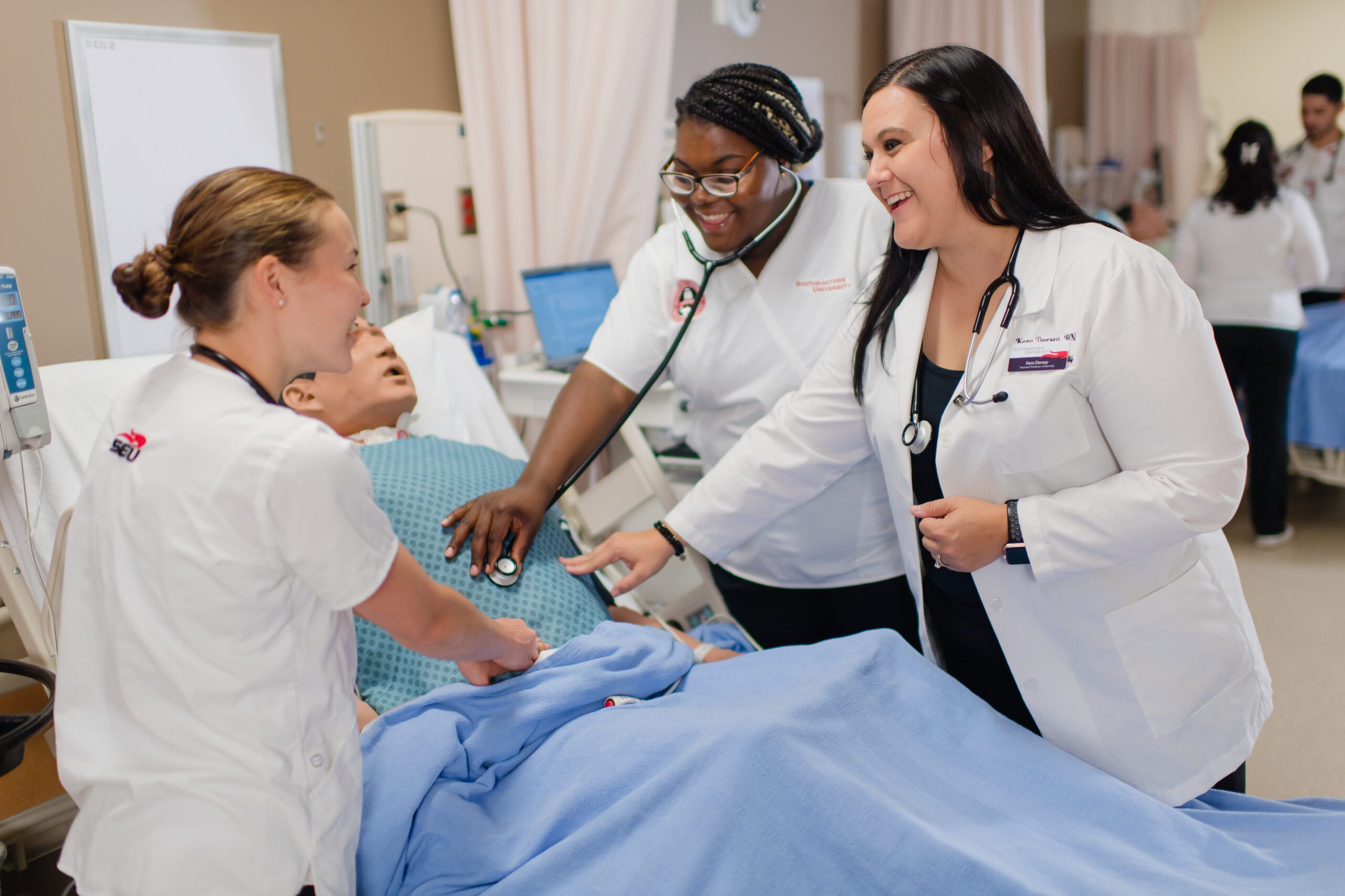
Health News
Features
-
New Face at Polk State
Inaugural AdventHealth Dean of Nursing Talks About Making Difference by K. MICHELE TRICE A $1.7 million endowment to the Polk State College Foundation sparked the creation of an AdventHealth Dean of Nursing position at Polk State College. Dr. Deleise Wilson, who has three decades of clinical, academic, and leadership experience, is the first to serve…
-
Expanded Options
Southeastern University Introduces New Hybrid Associate’s Degree in Nursing Program by RYAN MILEJCZAK Lakeland’s Southeastern University has been offering high-quality, faith-based education to Central Florida and beyond for decades. With programs in fields like ministerial leadership, educational medicine, and business studies, they’ve helped many students achieve their professional goals. Now, SEU is hoping to help…
-
Have the Talk: Communication About Youth Suicide Can Save Lives
by TERESA SCHIFFERSponsored by Central Florida Health Care Of all the difficult or uncomfortable conversations parents need to have with their children before they’re grown, one of the most challenging subjects to broach could suicide. But silence can kill, making it absolutely vital that parents summon the nerve to open communication on this topic. Suicide…
Columns
-
Seborrheic Dermatitis: A Complicated Name for a Common Condition
Seborrheic dermatitis is a common skin condition that causes red, scaly, itchy patches of skin on the scalp and other areas of the body. According to the National Library of Medicine, about 3 to 10 people out of 100 are affected by this chronic condition. It’s more common in men than in women, and it…
-
For Brighter Skin, Choose Microdermabrasion
Looking for more youthful, fresh, glowing skin? If you don’t have time to let your face recover from a more invasive procedure but still want a more even skin tone and revitalization, then microdermabrasion might be the treatment for you.
-
How Are AV Fistulas and Grafts Formed?
Last month, I talked about why a patient might need to undergo arteriovenous fistula surgery. This month, let’s take a look at how AV fistulas and grafts are formed.




